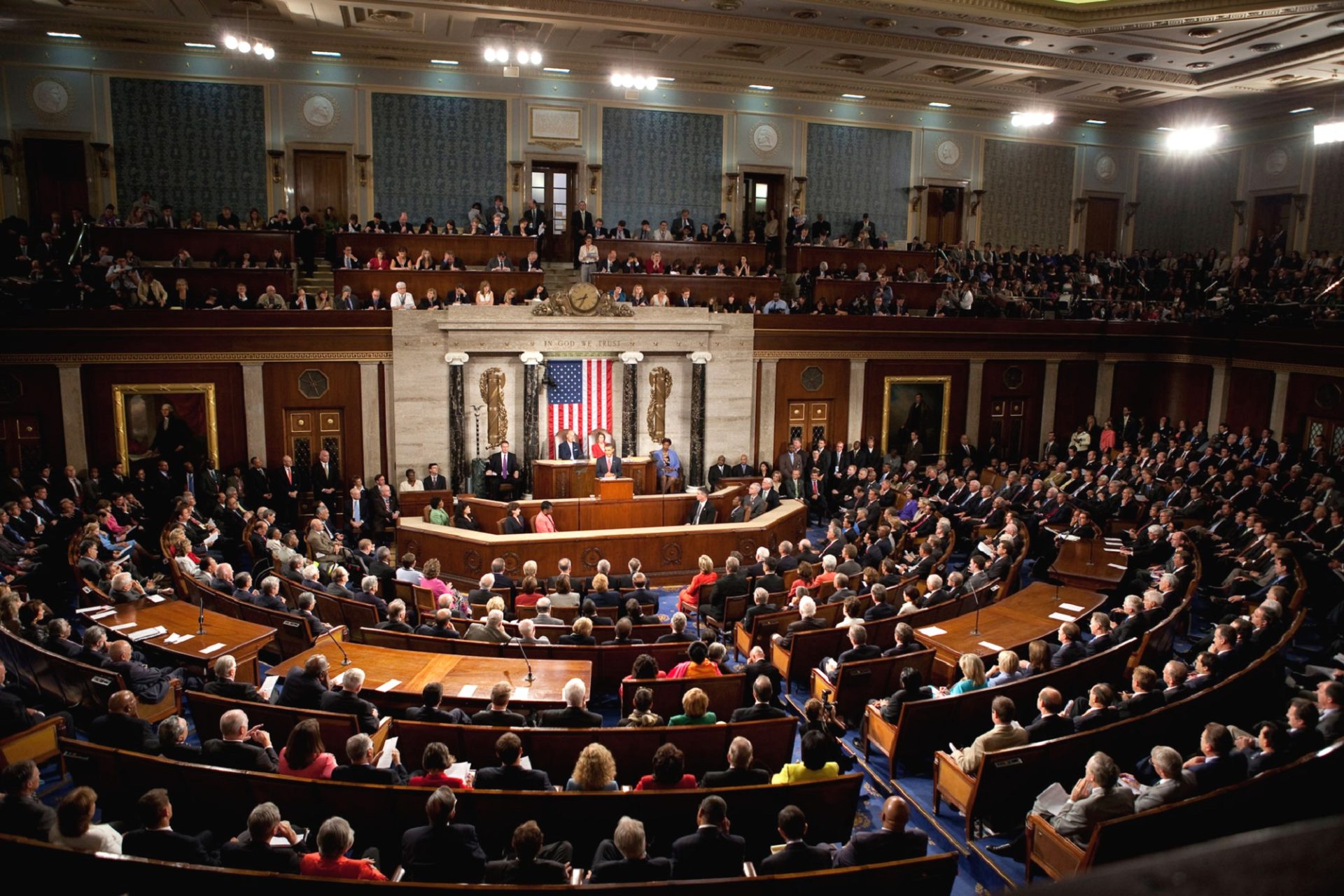Senator Tim Scott, the chair of the Senate Banking Committee, says he expects progress on a major crypto market structure bill as early as next month.
He told Fox Business that he aims to schedule a markup with the goal of sending the legislation to President Donald Trump early next year.
Scott said negotiations with Democrats remain ongoing, but he accused them of delaying action.
“Next month, we believe we can mark up in both committees and get this to the floor of the Senate early next year so that President Trump will sign the legislation making America the crypto capital of the world,” Scott said.
A Push for Regulatory Clarity
Lawmakers have been working to define the regulatory roles of the SEC and CFTC, particularly following the House’s passage of the CLARITY Act earlier this year.
That bill outlined the responsibilities of the two agencies and established rules defining when a token qualifies as a commodity or security.
The Senate has been developing its own version of the proposal, with the Agriculture Committee responsible for commodity oversight and the Banking Committee leading securities-related sections.
Both committees released discussion drafts over the past several months, leaving room for further negotiations before a final version is introduced.
Industry Leaders Call for Action
Supporters of the bill say that clearer federal rules are urgently needed to keep crypto businesses from moving offshore.
Coinbase CEO Brian Armstrong said in a video message that he has been in Washington pushing for the bill, adding that he believes lawmakers are making tangible progress.
“Senate banking is also working nights and weekends to get the next iteration of their text out, so we’ve got a good chance, I think, of a markup for this bill in December, hopefully get it to the president’s desk shortly thereafter,” Armstrong said.
“This would be a big milestone to get crypto unlocked with clear rules in the US, which would benefit all companies,” he said.
What Happens Next
If the Senate passes its version, the two chambers will need to reconcile their respective drafts.
Once a final bill is approved, it would be sent to President Trump for signature.
Republicans currently hold 53 seats in the Senate, compared to 47 for Democrats, meaning bipartisan backing will still be required to reach the 60 votes needed for passage.
The coming weeks will determine whether the long-delayed effort to build a national crypto framework will finally move forward.




